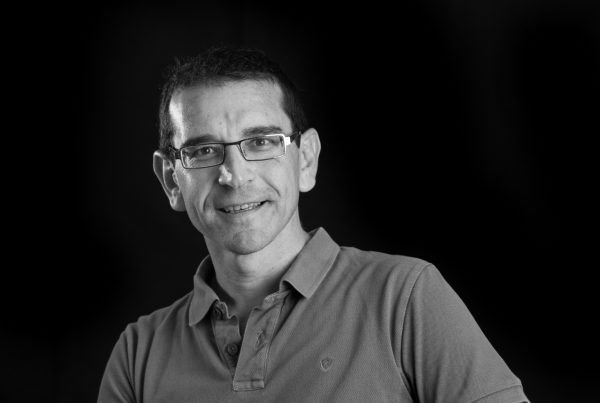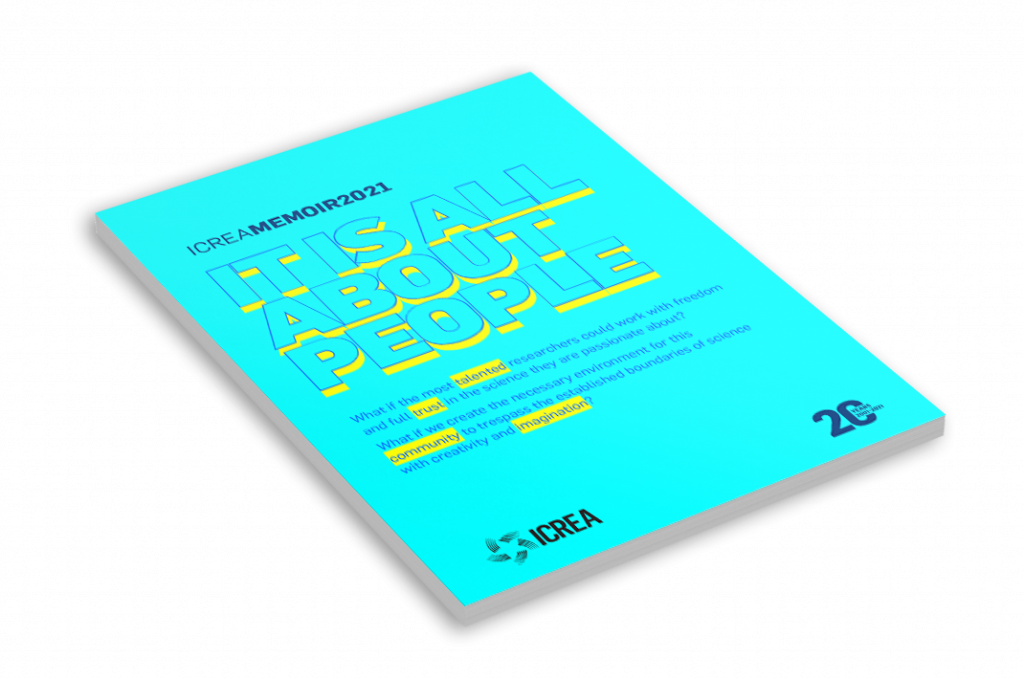I was born in Buenos Aires, where I studied up to obtaining my doctoral degree in physics from the National University at La Plata, working on cosmology and astrophysics of extended gravitational theories. After several years in fellowships around the world, I moved to the Institute of Space Sciences to start a research group on high-energy astrophysics. My research focuses on compact objects and cosmic rays. I have received several scientific awards including the Chinese Academy of Science Senior Visiting Professorship as well as its Presidential Fellowship, the Friedrich Wilhelm Bessel Award of the Humboldt Foundation of Germany, the Shakti Duggal Award on Cosmic Ray Physics of the International Union of Pure and Applied Physics, the Guggenheim Fellowship, and several others. I became Director of the Institute of Space Sciences in March 2016.


